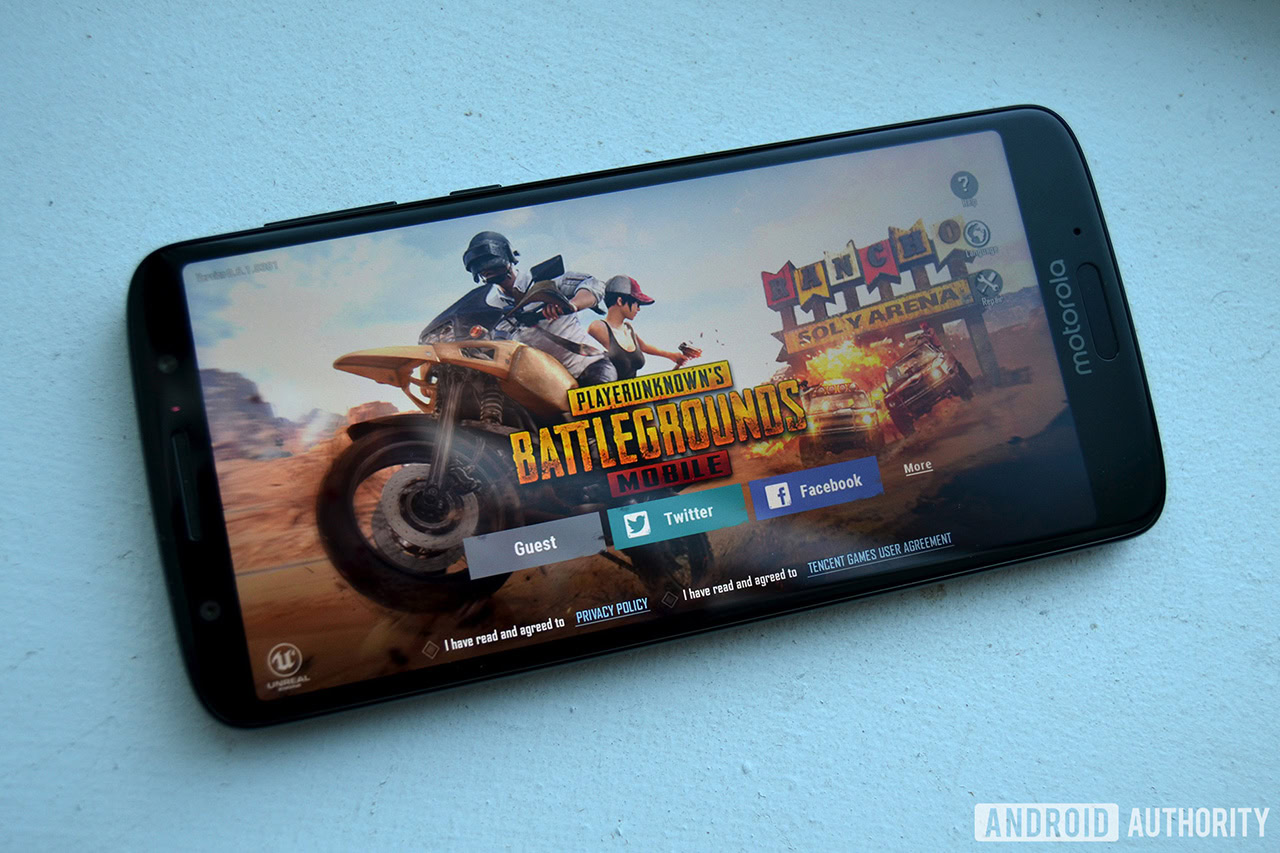Software lists
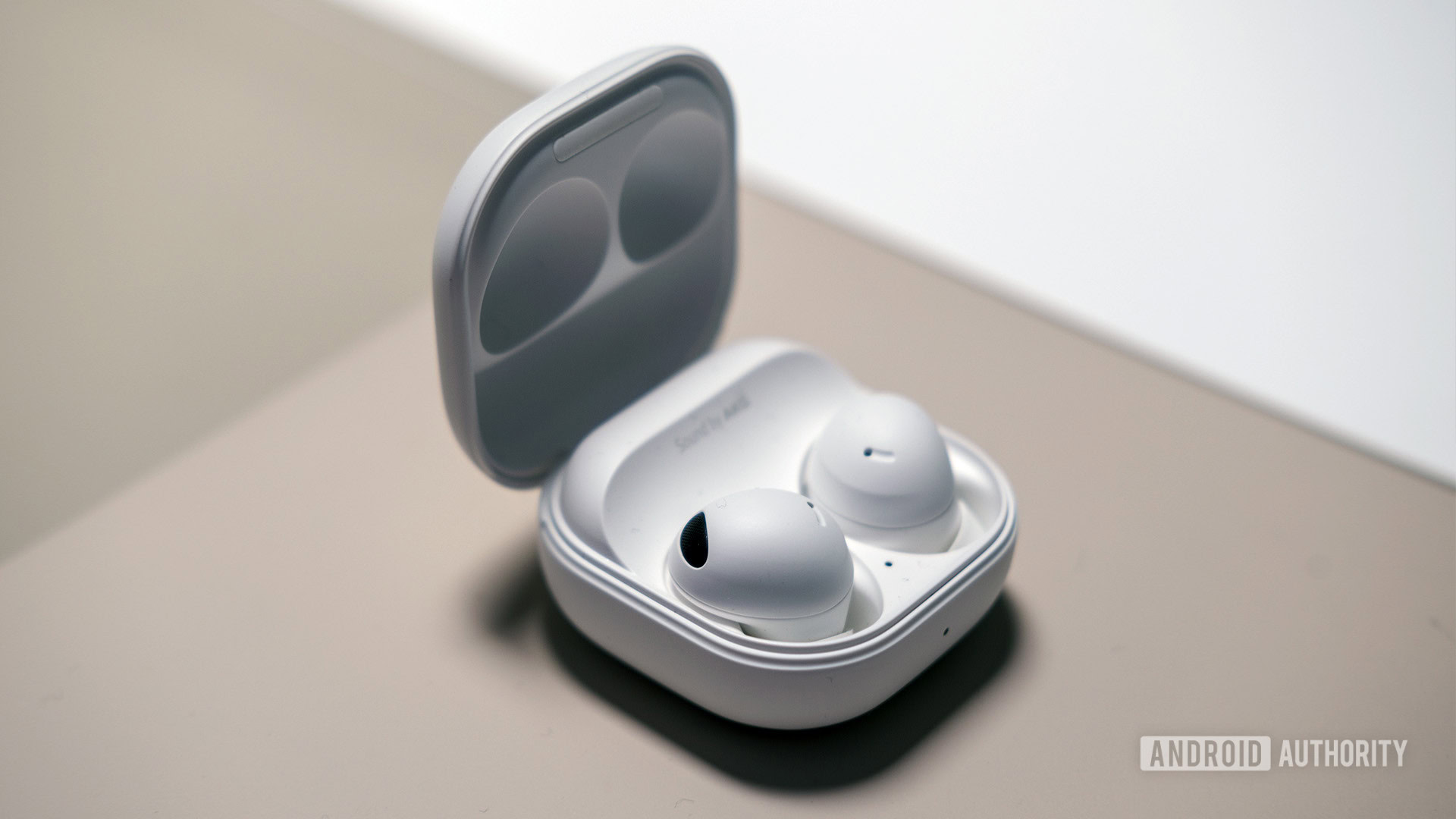
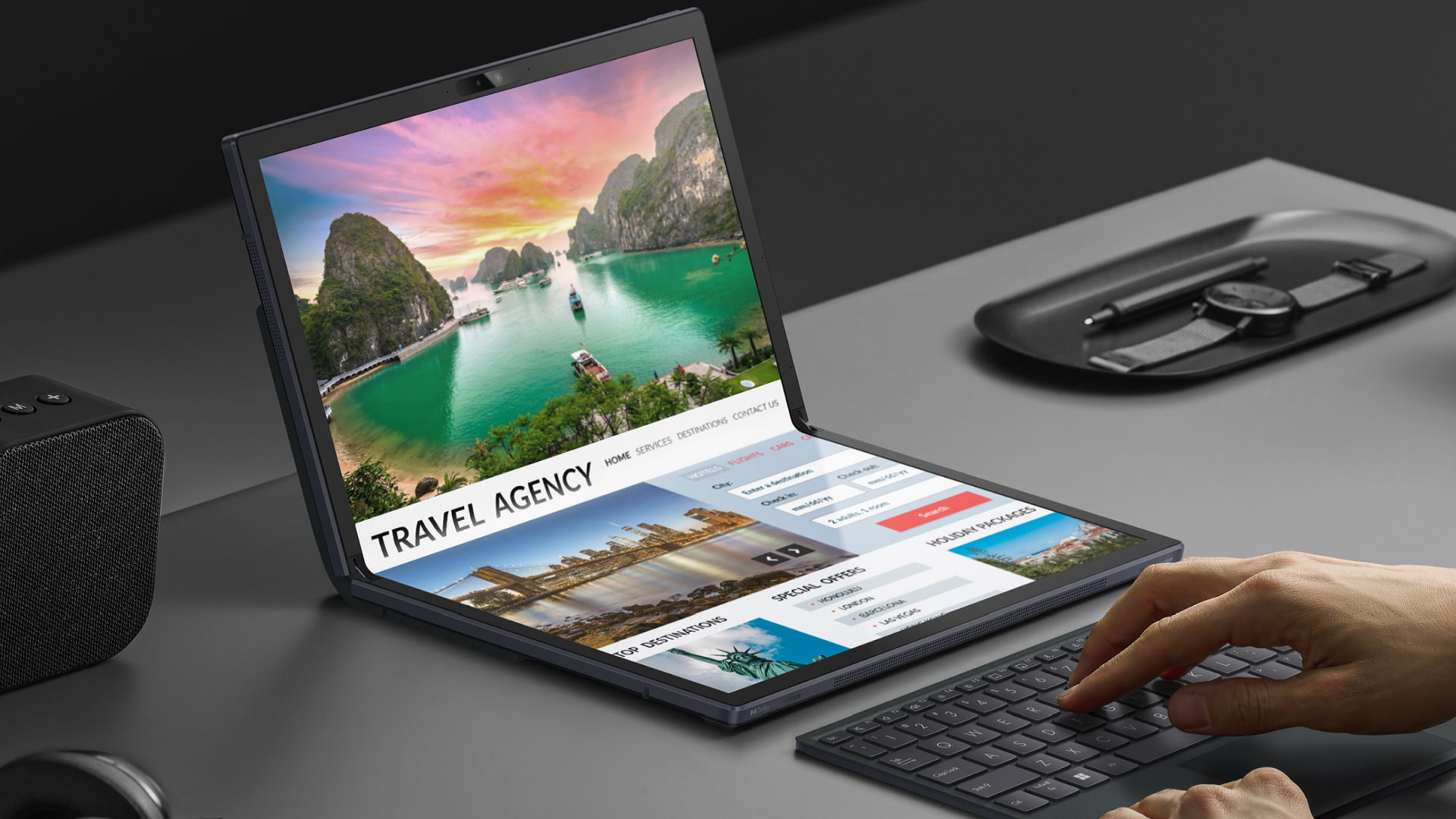
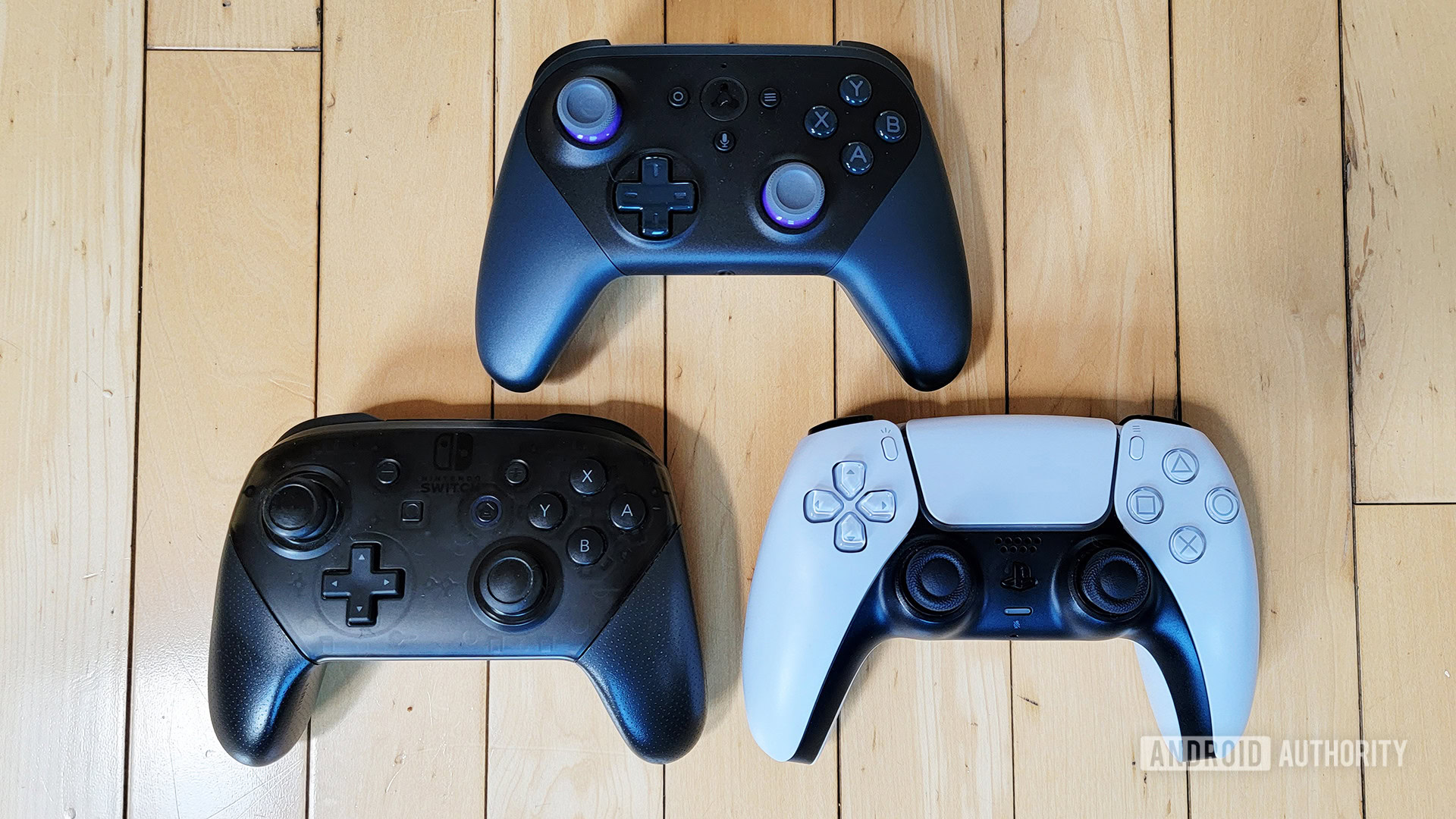
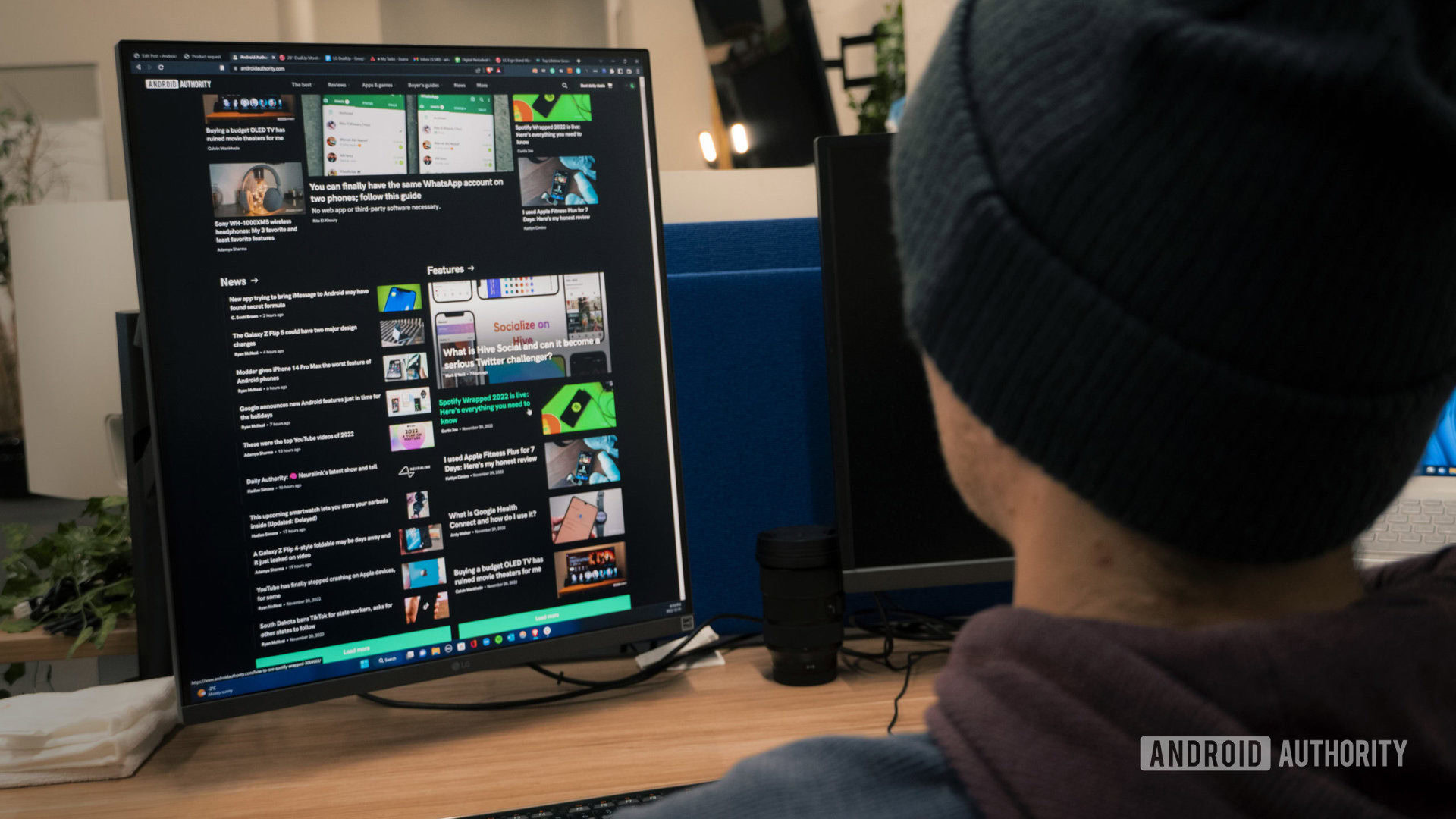
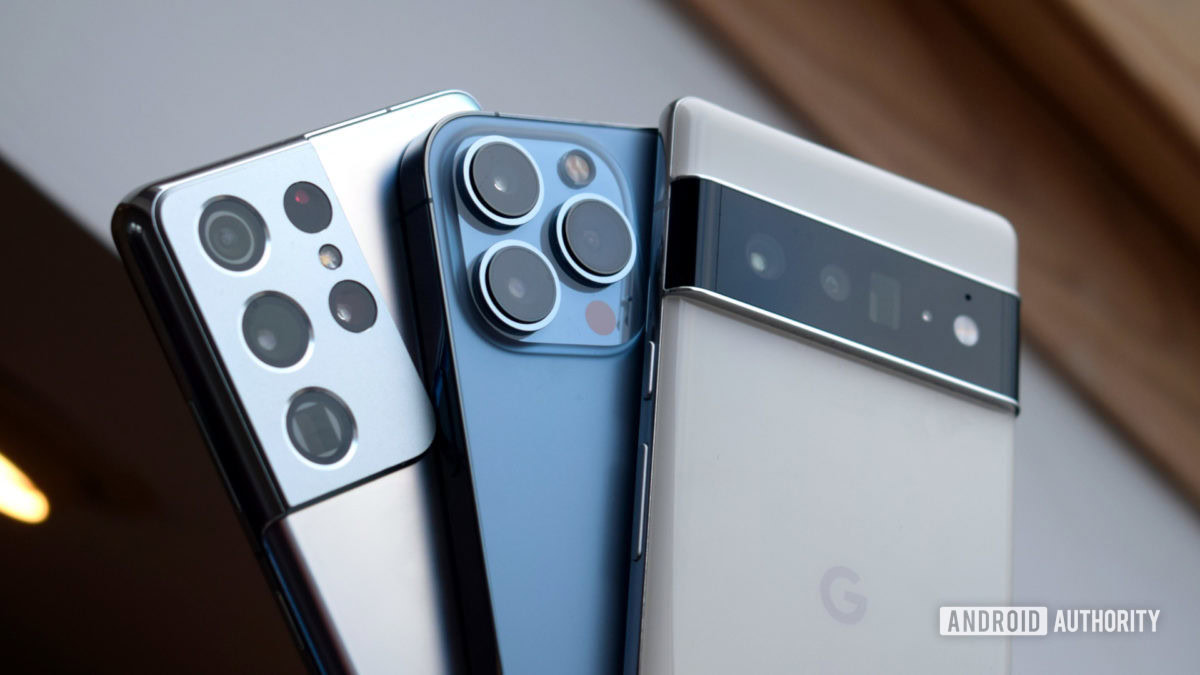
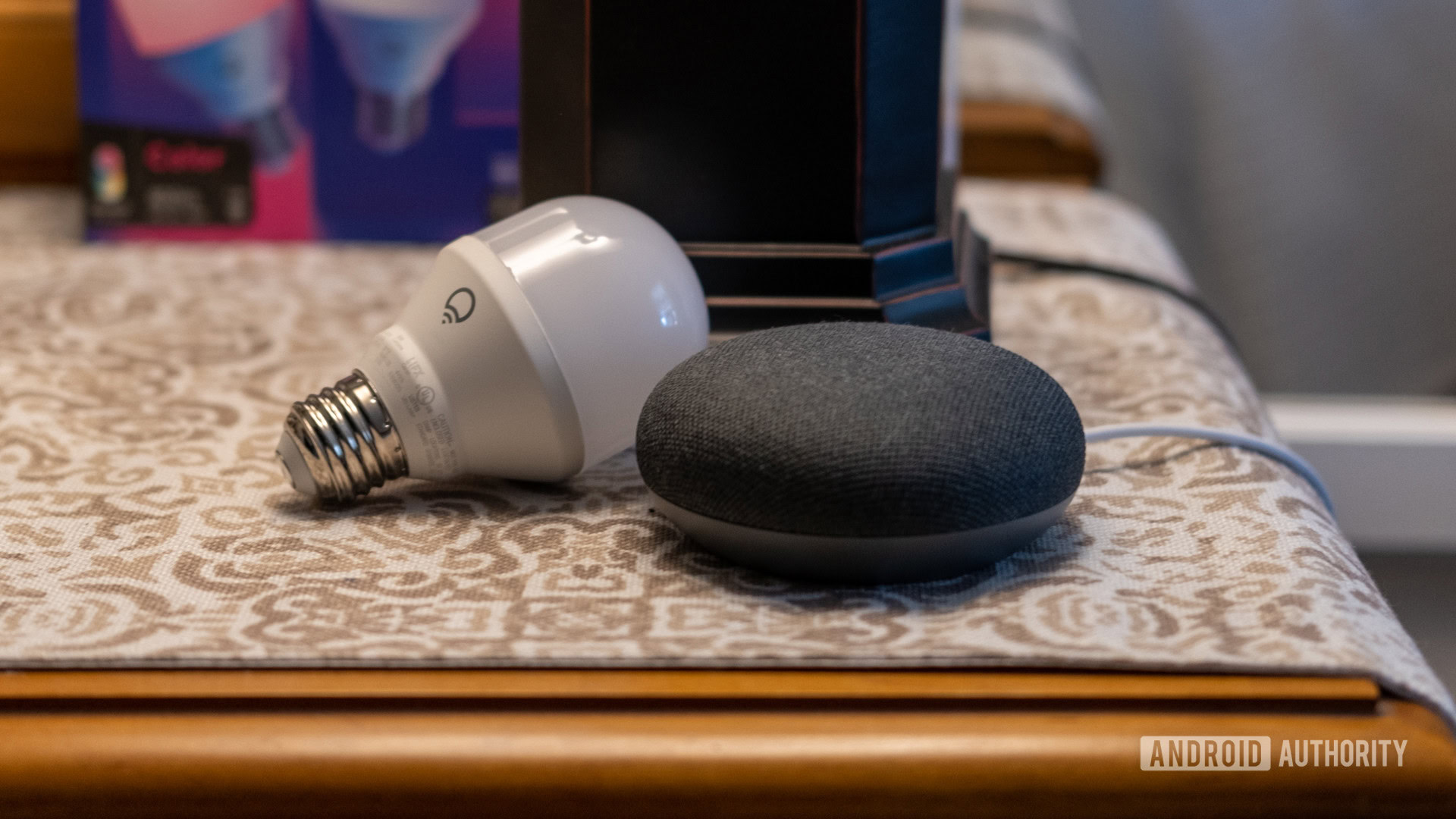
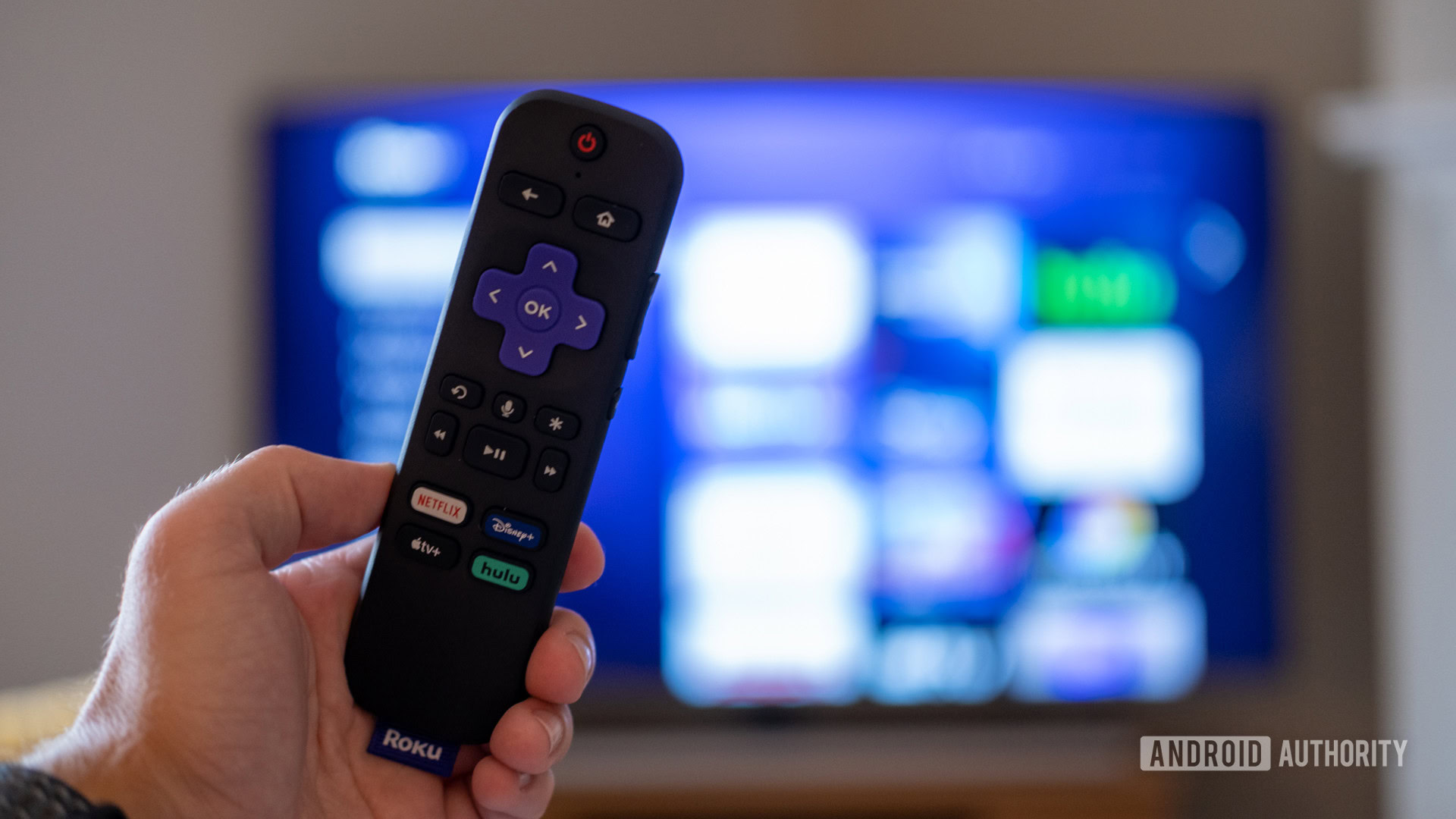
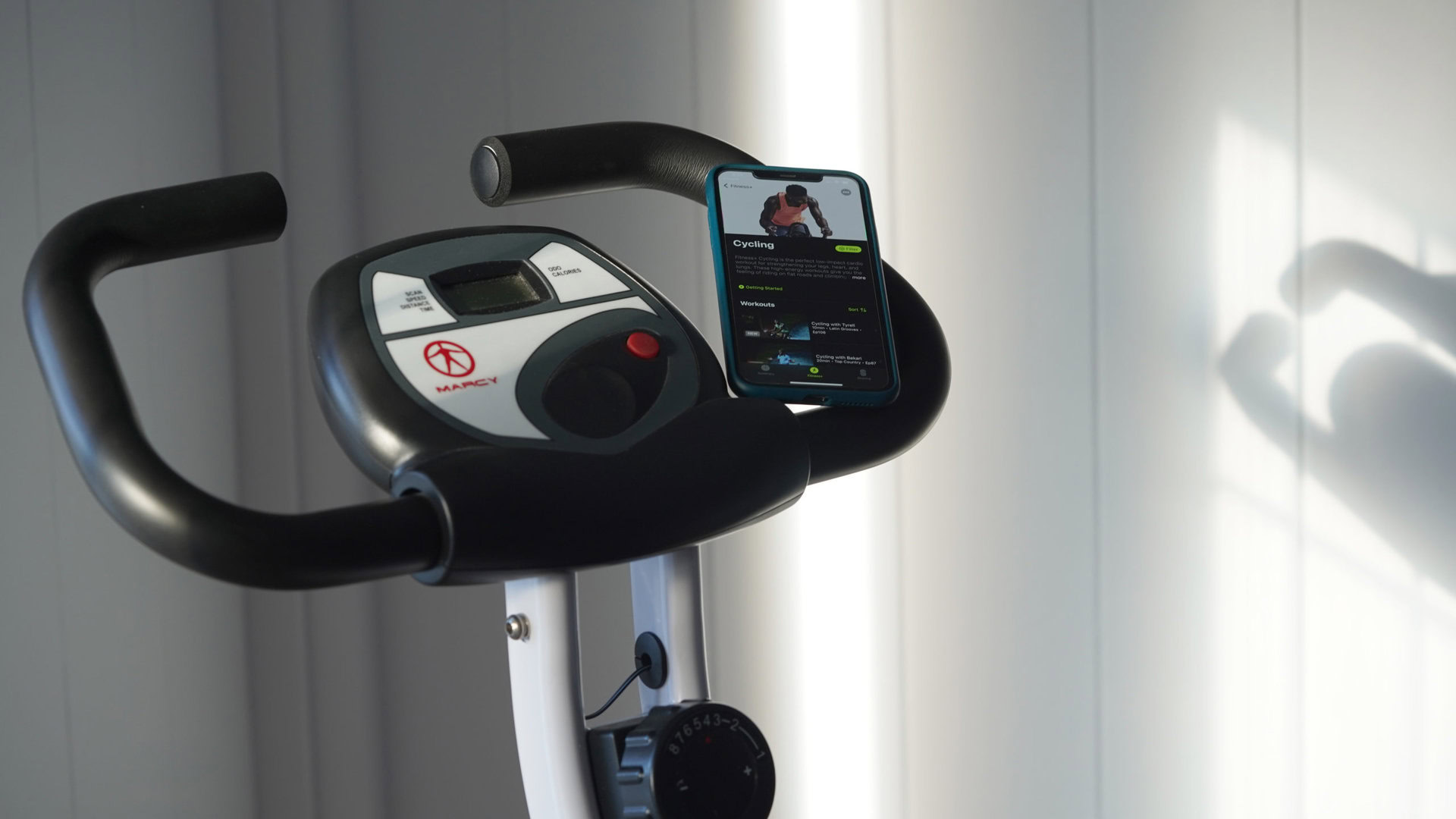
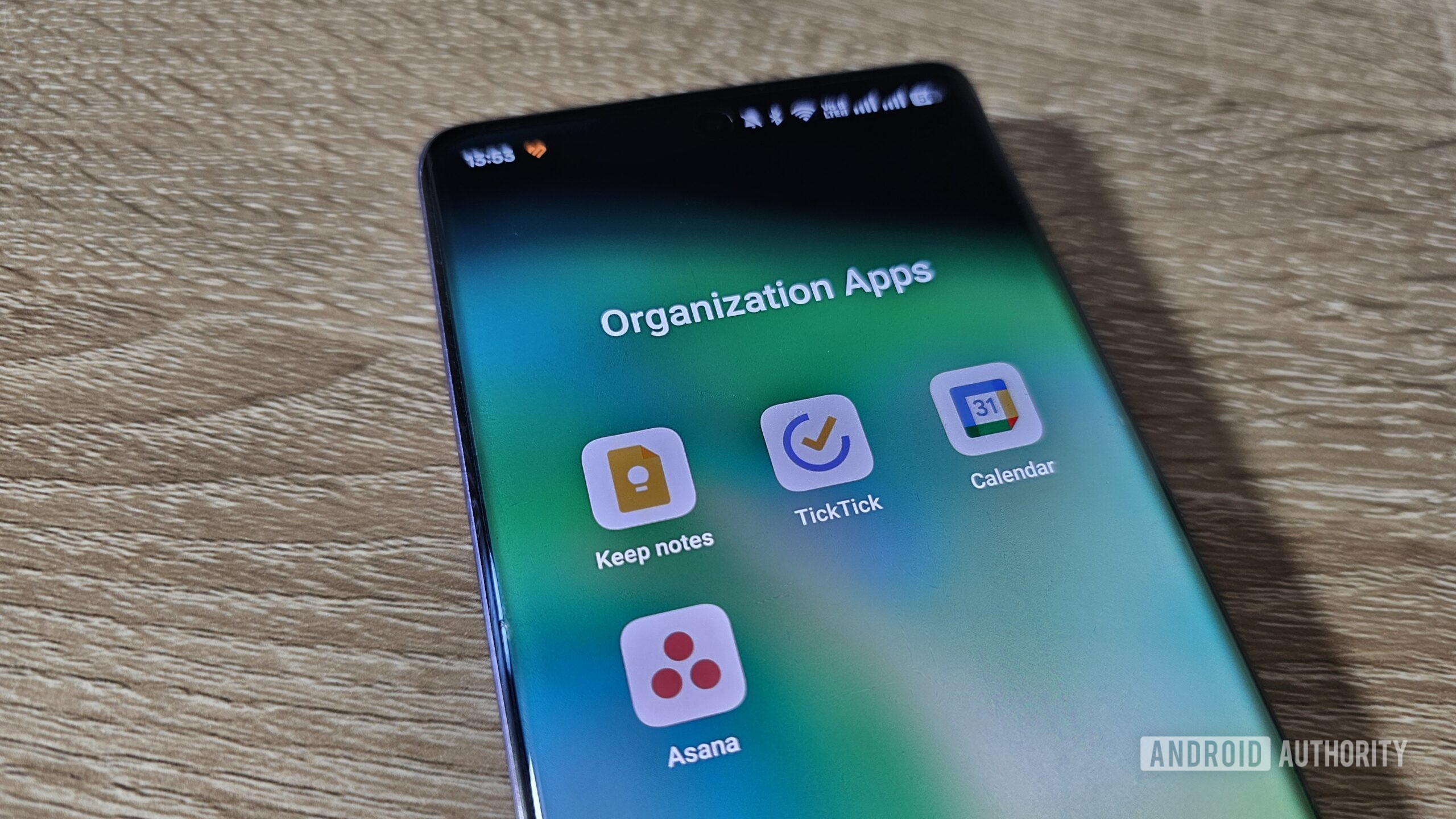
These 4 free smartphone apps are all I need to stay organized
You don’t need paid apps to keep track of things.
Megan Ellis
The best emulators for gaming on a Chromebook
Edgar CervantesApril 1, 2025
0
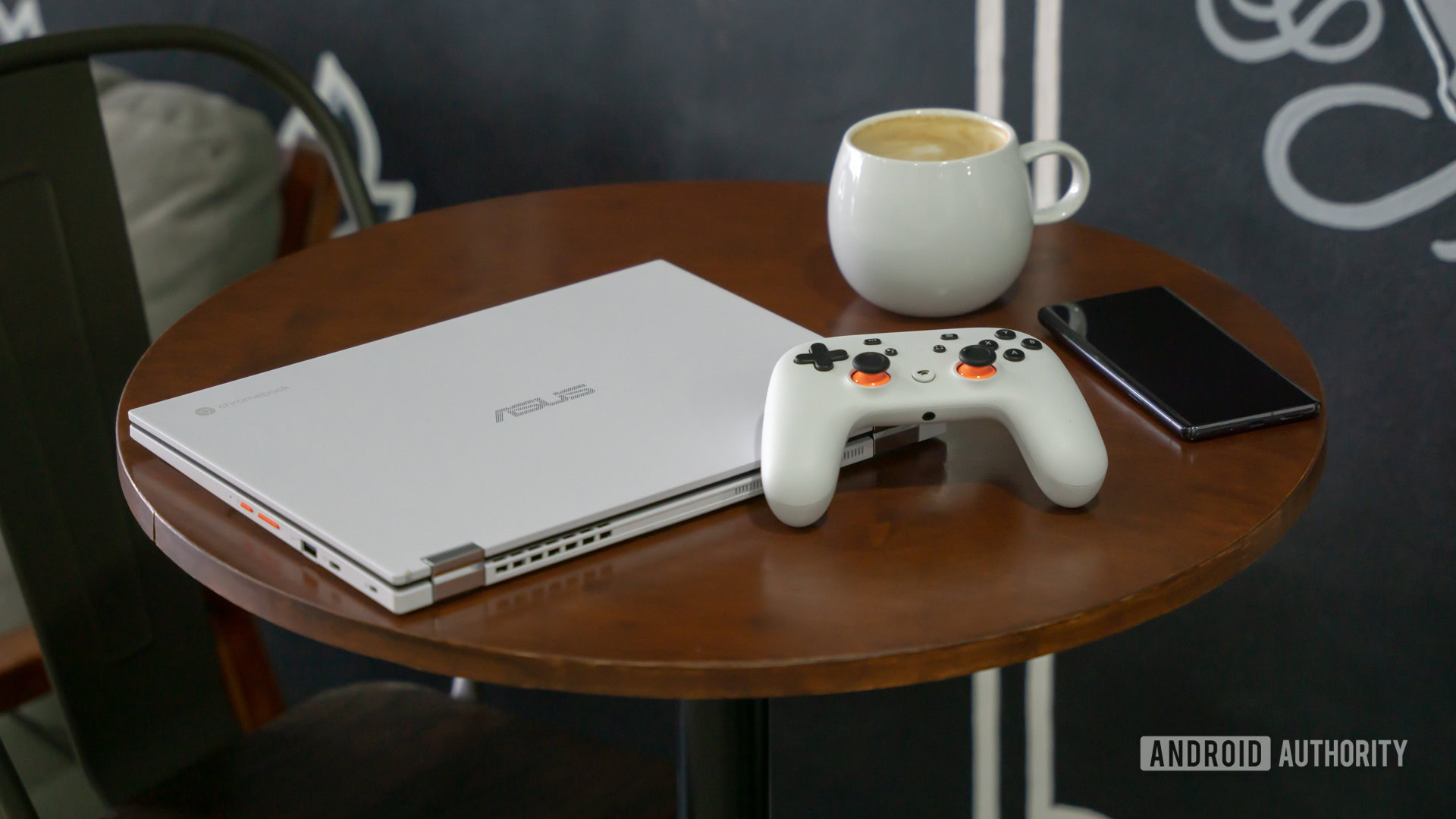
The best new Android apps and games for April 2025
Andy WalkerMarch 31, 2025
0
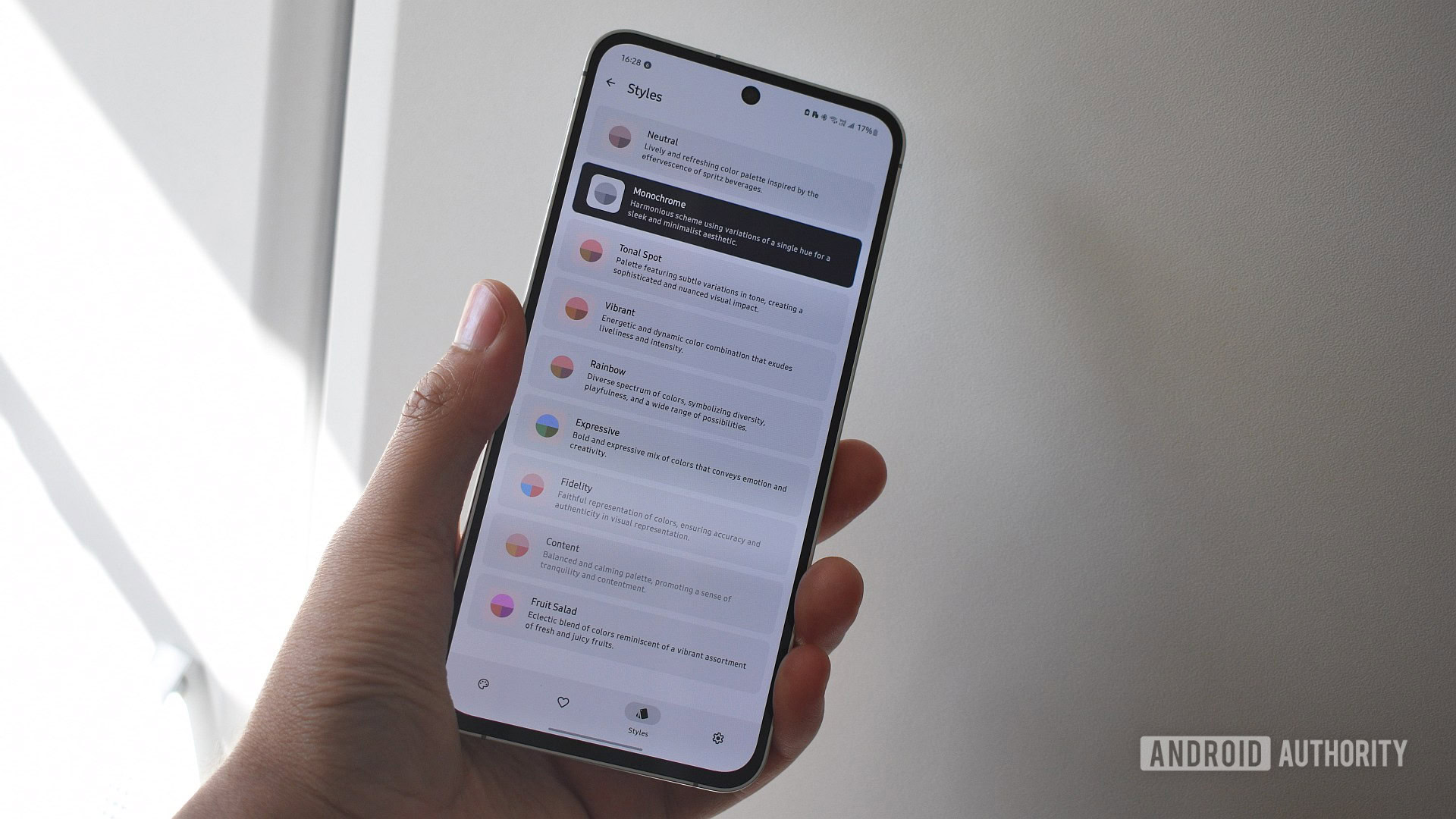
5 best SNES emulators for Android
Joe HindyMarch 31, 2025
0
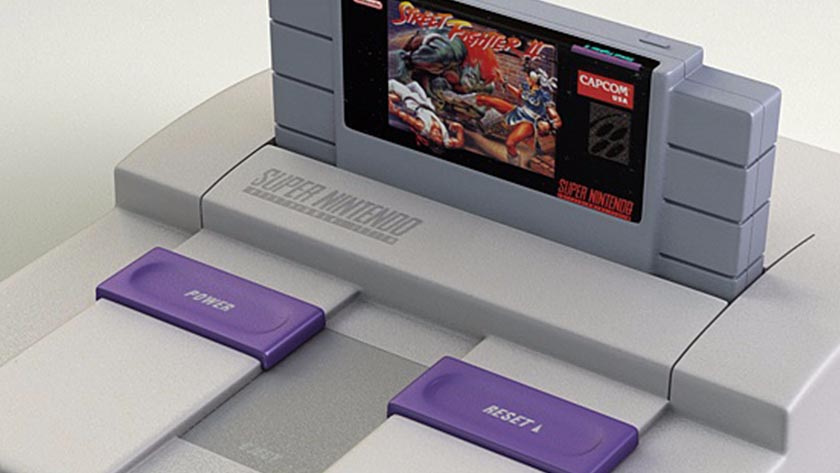
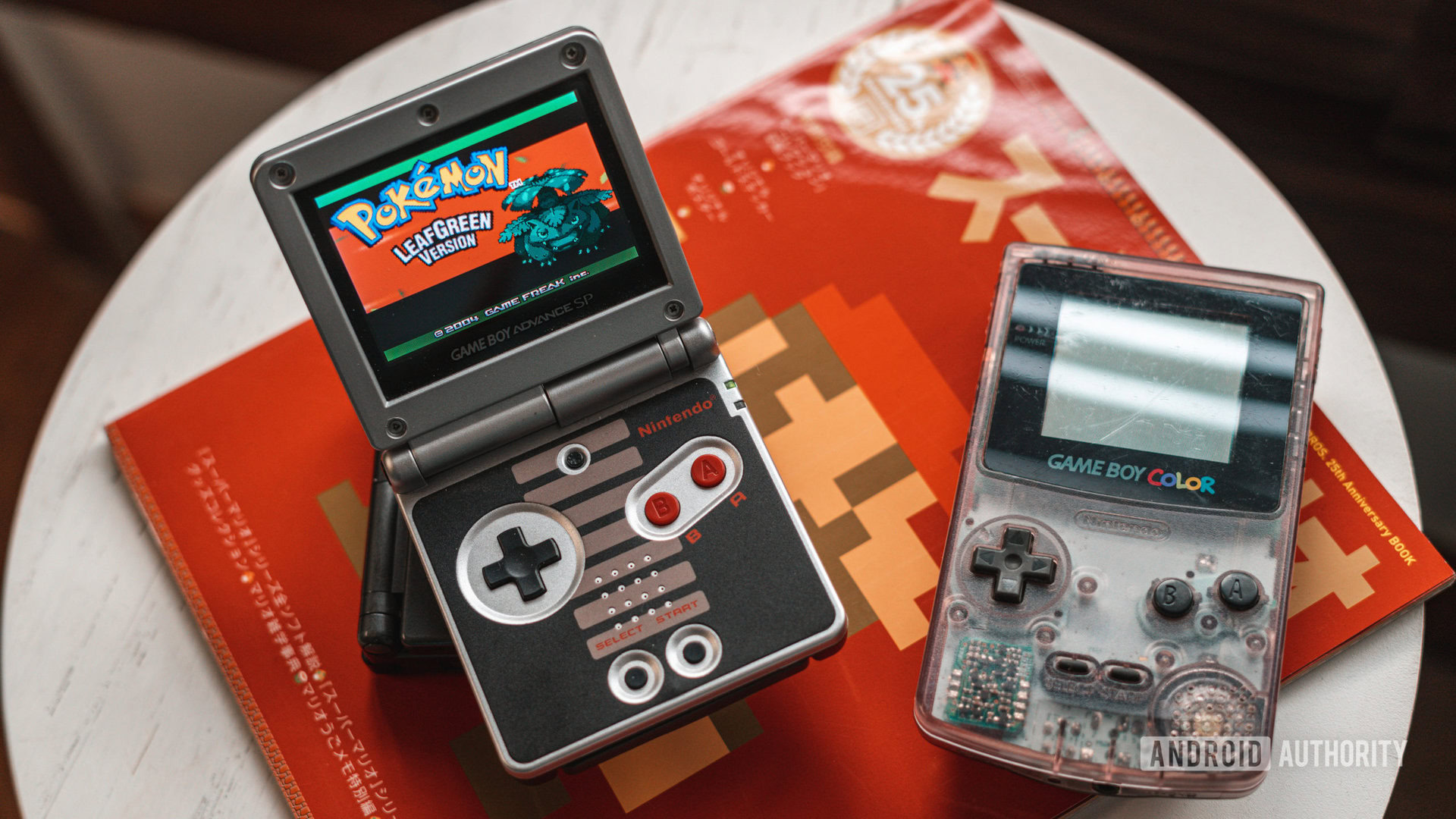
The best Game Boy Advance emulators for iOS
Looking to relive your favorite Game Boy Advance games on the go? Here are the four best GBA emulators for iOS.
Ben Price
5 best SEGA Mega Drive, and SEGA CD, and SEGA Genesis emulators for Android
Joe HindyMarch 26, 2025
0
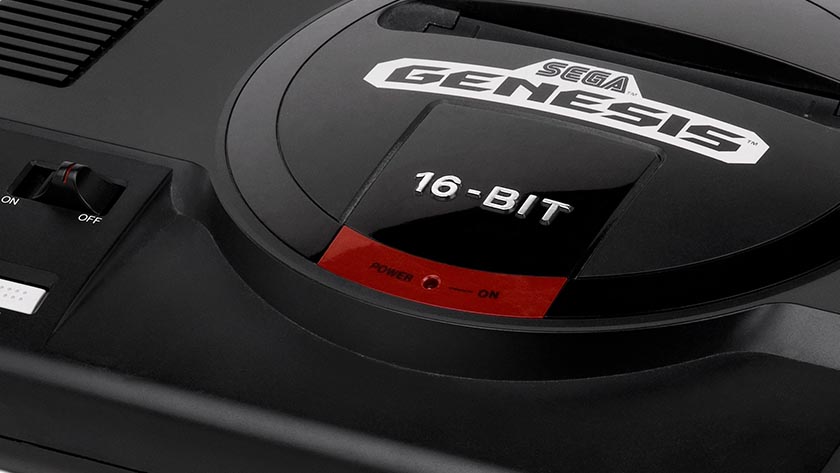
5 best N64 emulators for Android
Joe HindyMarch 26, 2025
0
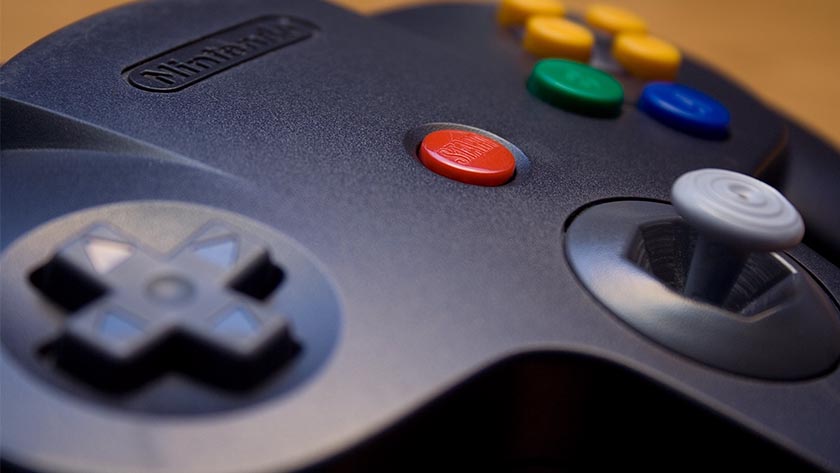
The best terminal emulators for Android
Joe HindyMarch 24, 2025
0
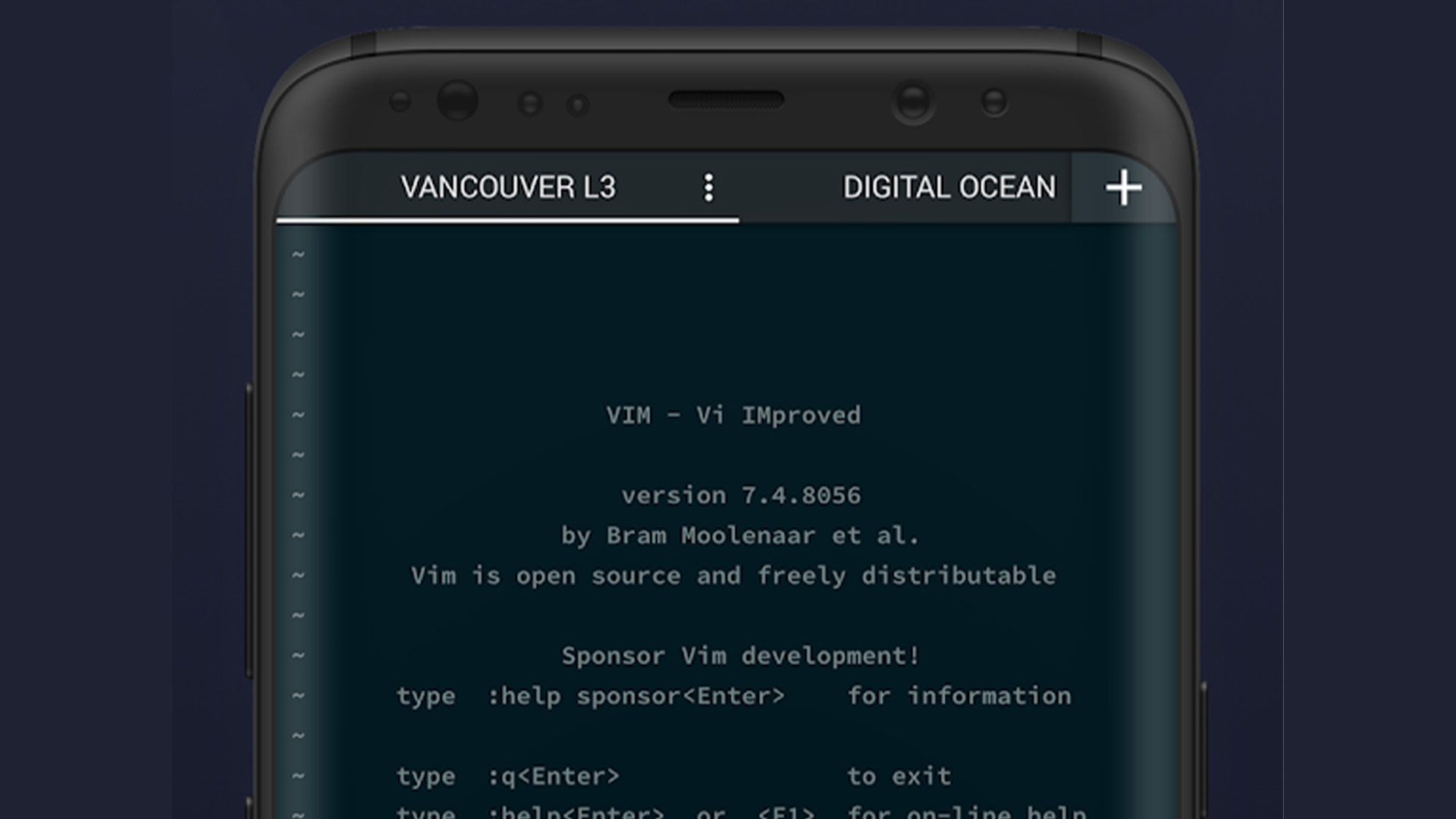
Our latest
These are the apps I can’t live without when traveling
Mitja RutnikMarch 22, 2025
0
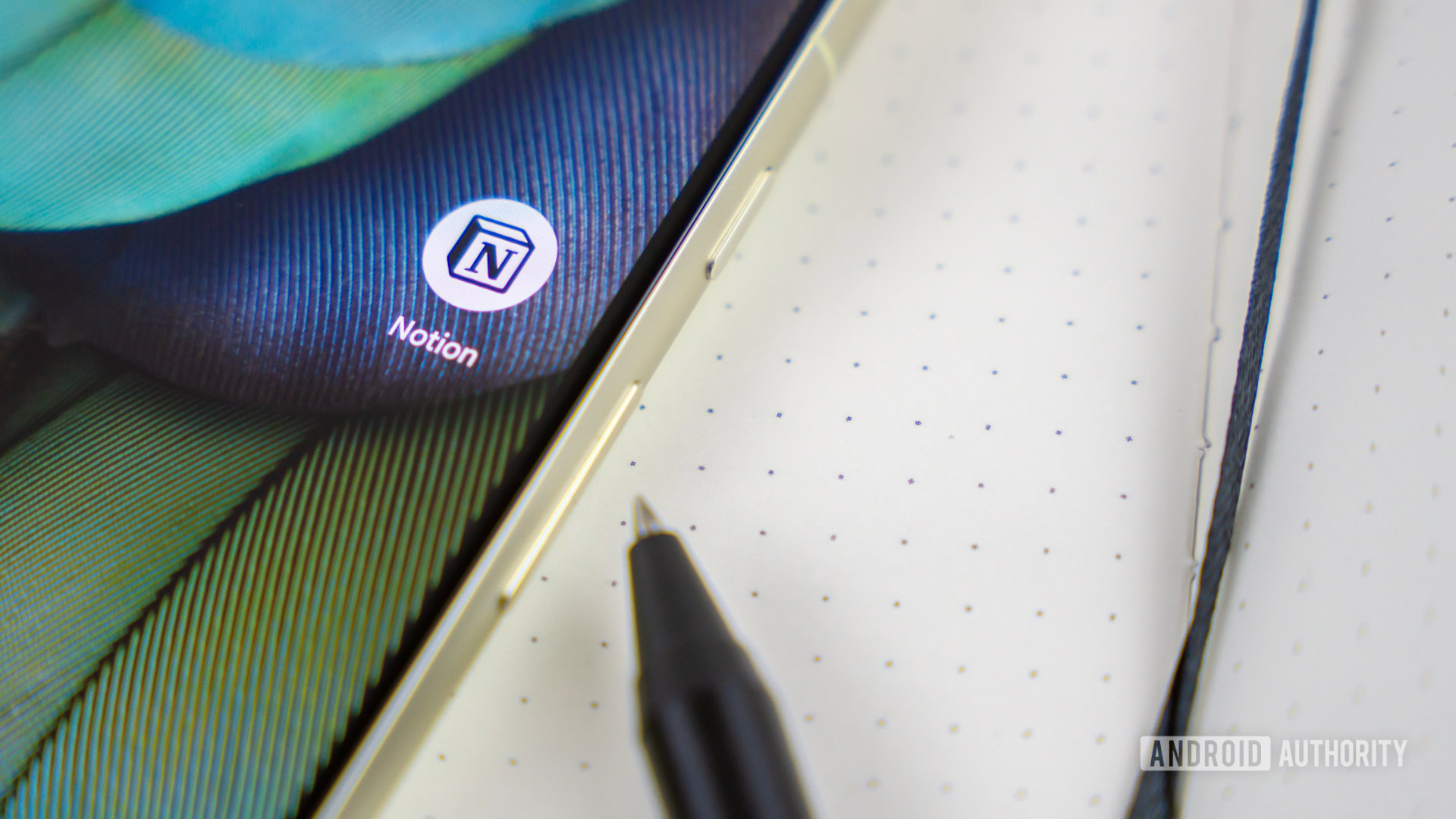
These are my 9 favorite watch faces for the OnePlus Watch 3 and 2
Kaitlyn CiminoMarch 11, 2025
0
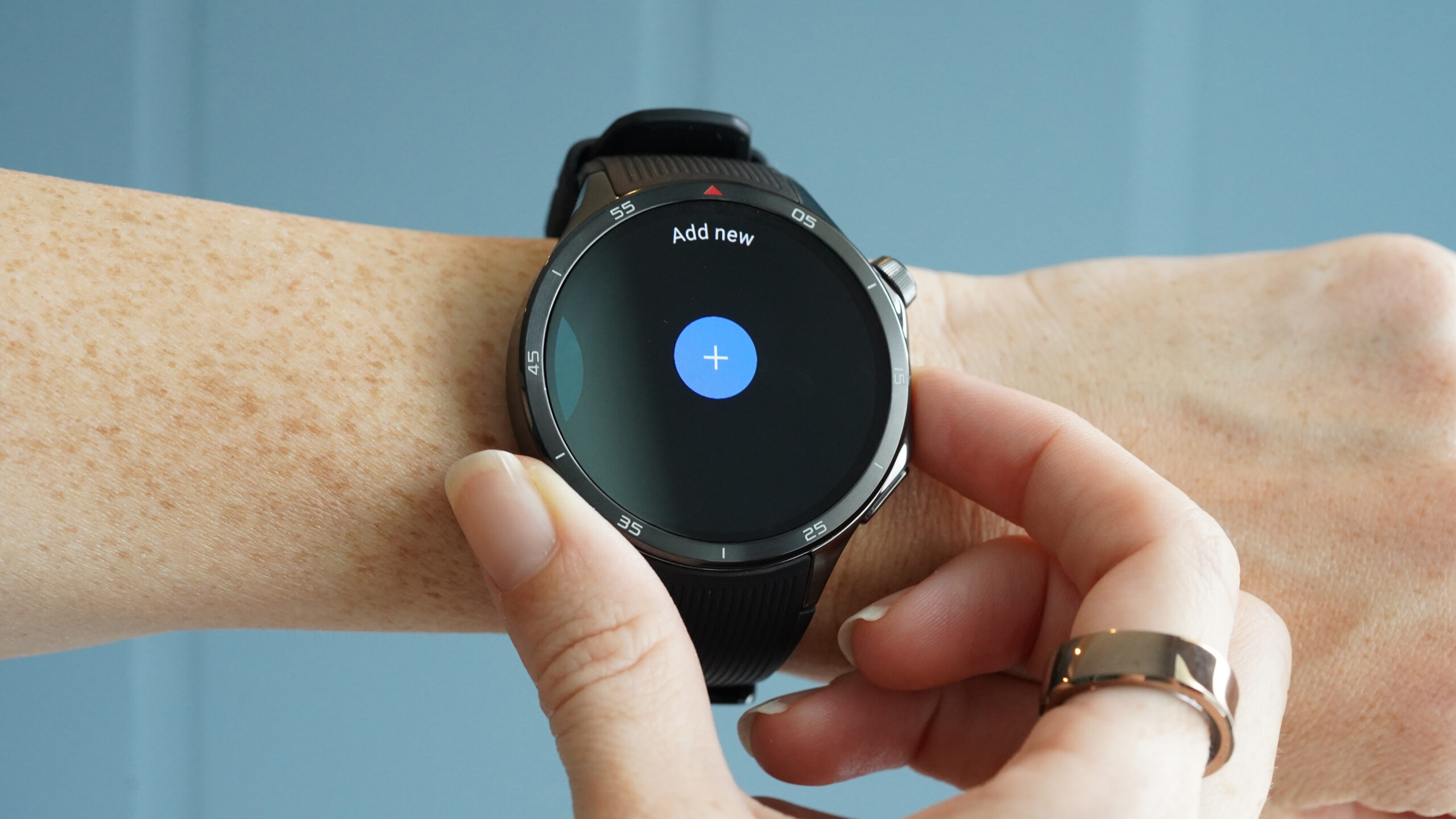
Hall of fame: These are the Android apps I’ve been using the longest
Mitja RutnikMarch 9, 2025
0
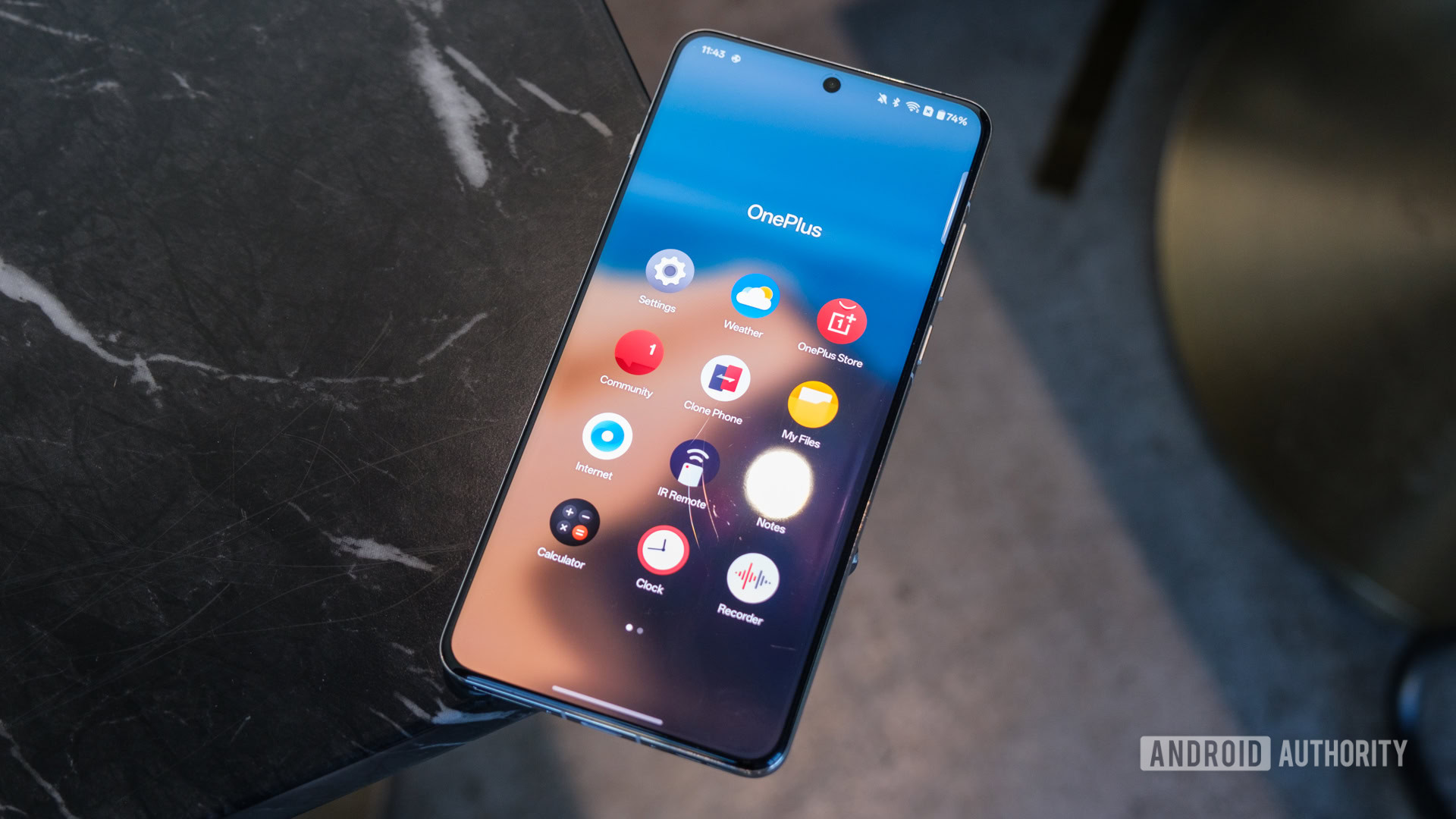
These apps aren't on the Play Store, but I always sideload them on my Pixel
Andy WalkerFebruary 23, 2025
0
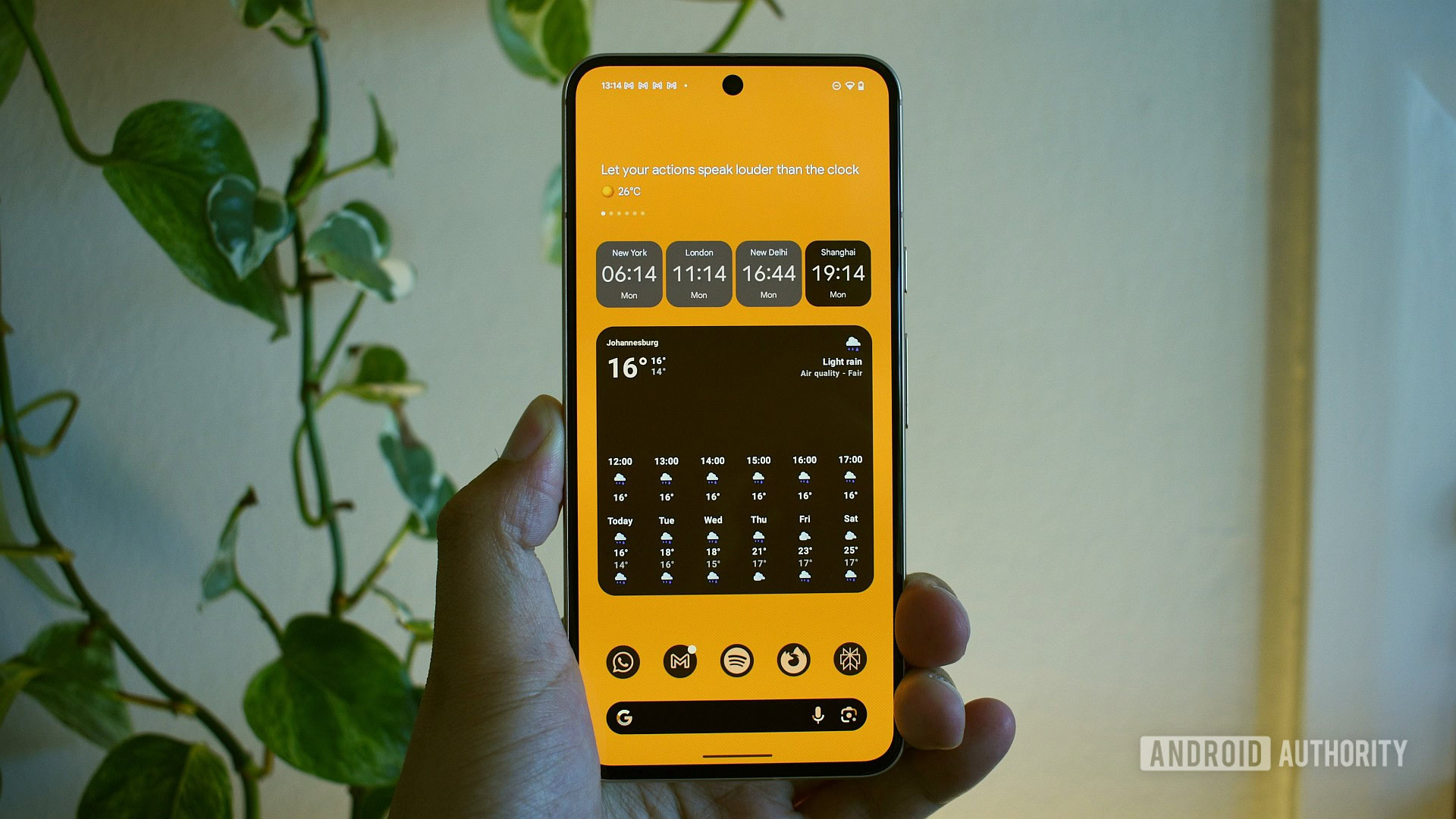
I love retro games and these are the only Nintendo DS emulators for Android I recommend
Nick FernandezFebruary 18, 2025
0
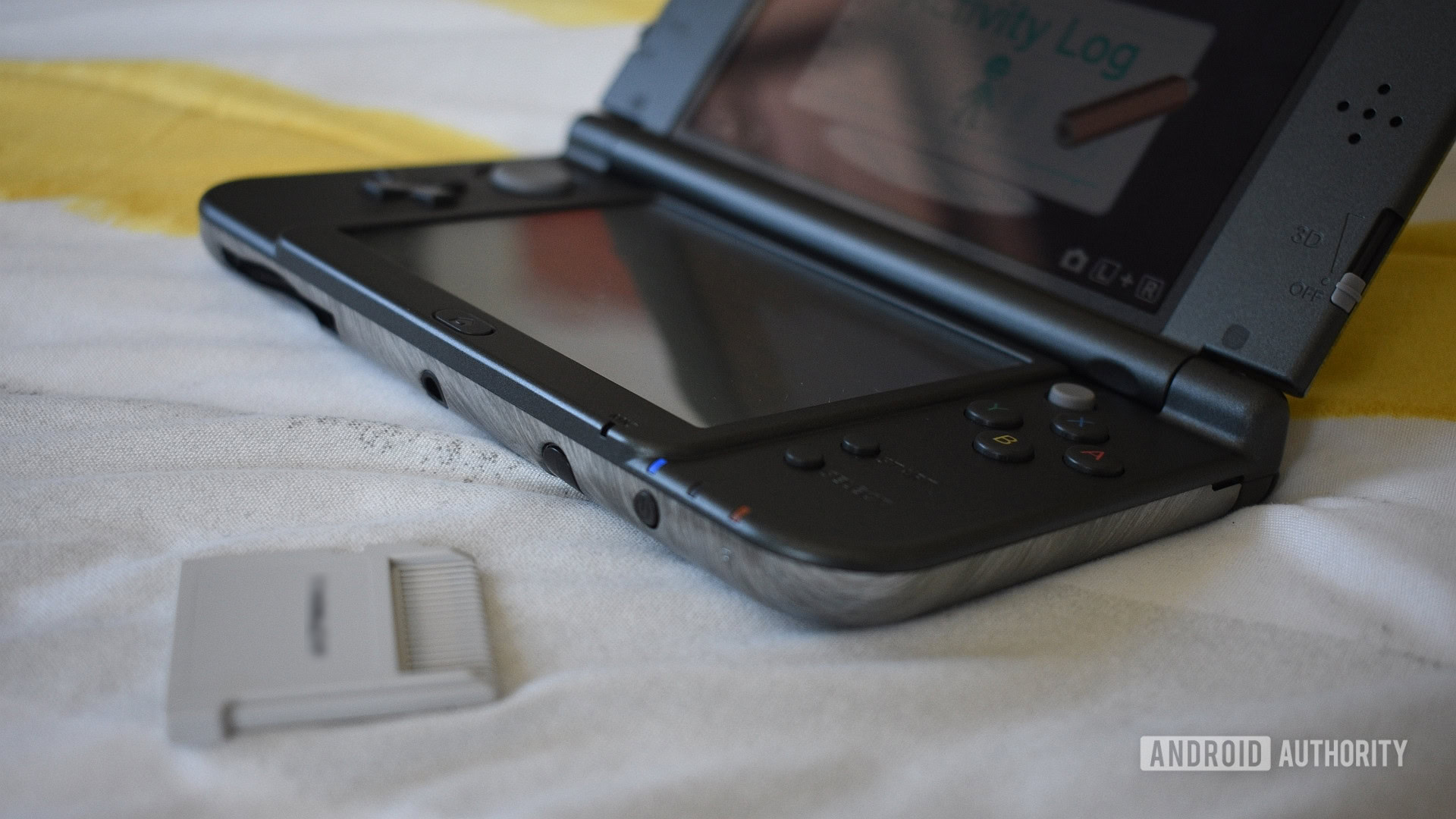
These are the first 5 apps I’d download on the Galaxy S25 Ultra
Mitja RutnikJanuary 28, 2025
0
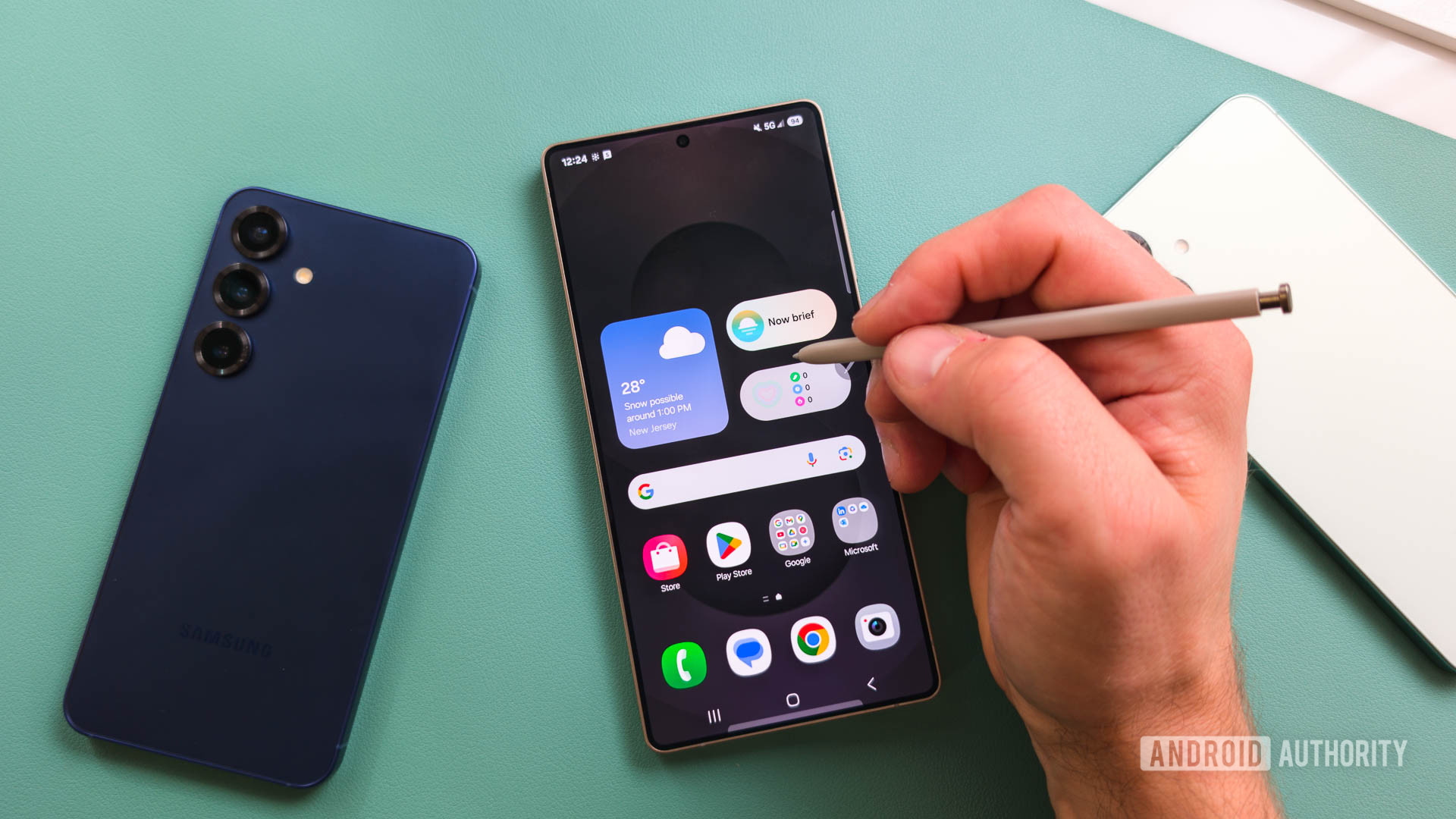
These are my favorite Android icon packs that are well worth paying for
Andy WalkerJanuary 11, 2025
0
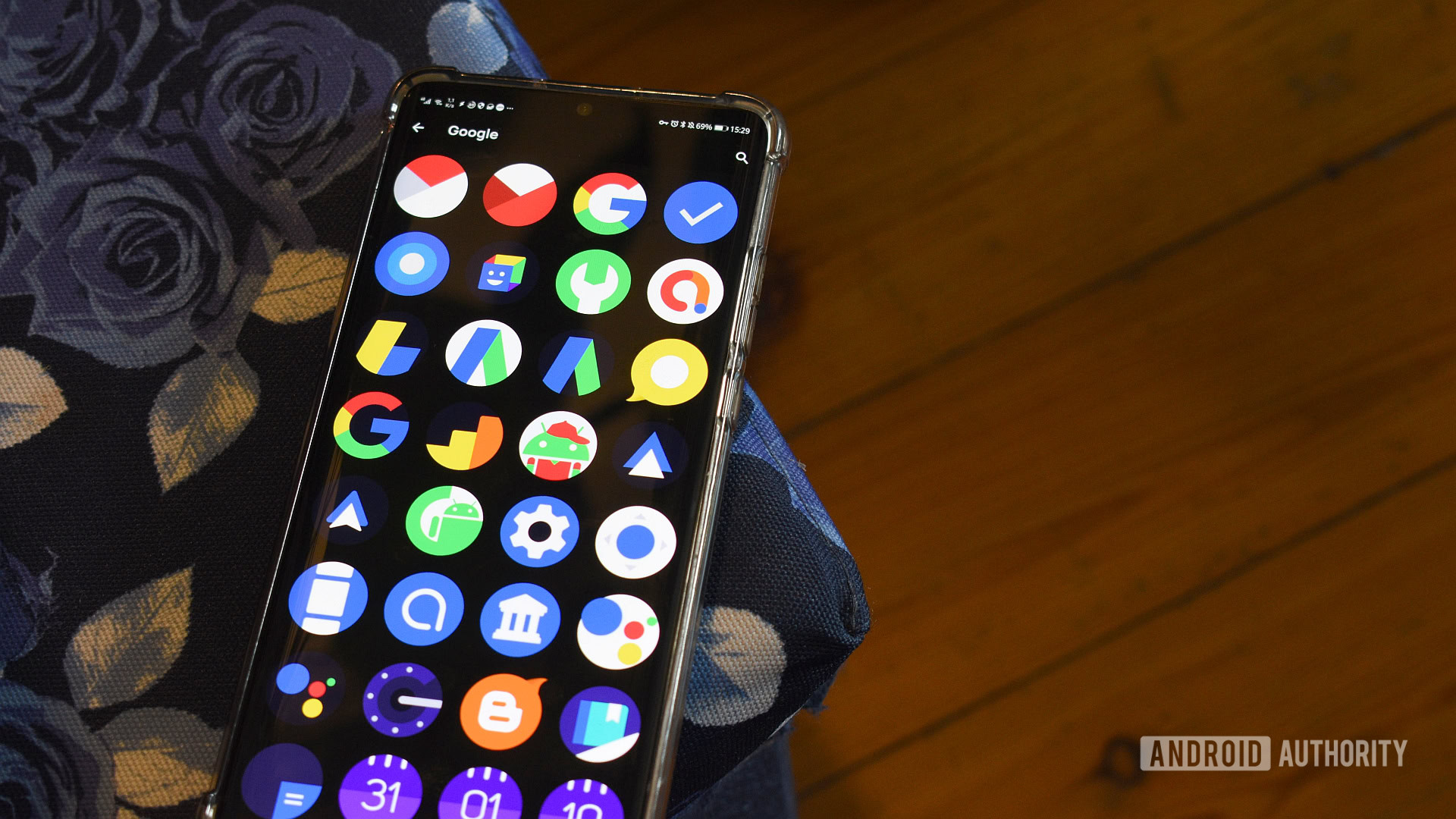
These are our picks for the best Android apps of 2024
Andy WalkerDecember 24, 2024
0
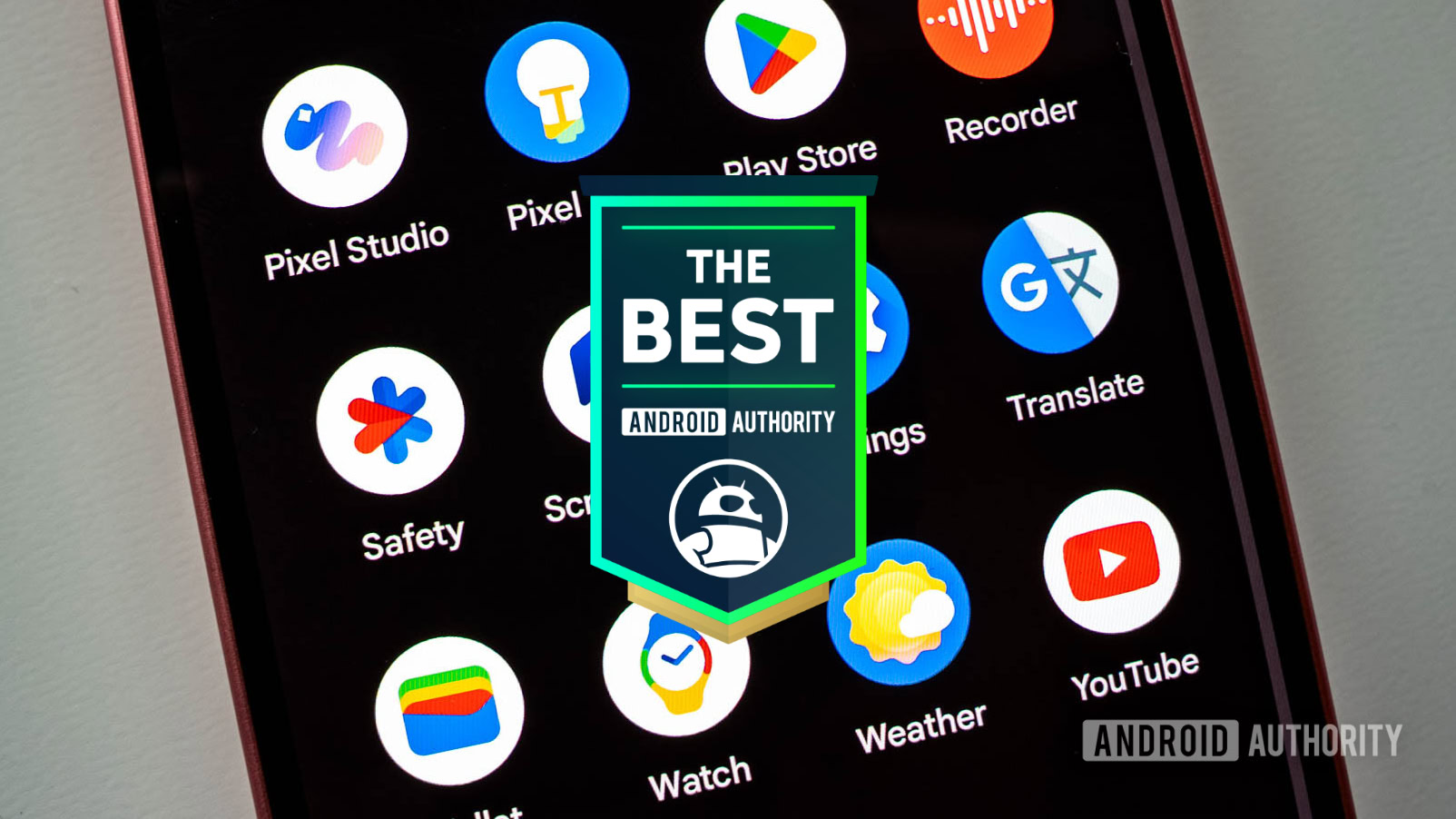
These are the best alternatives to Google's most popular apps
Andy WalkerNovember 25, 2024
0
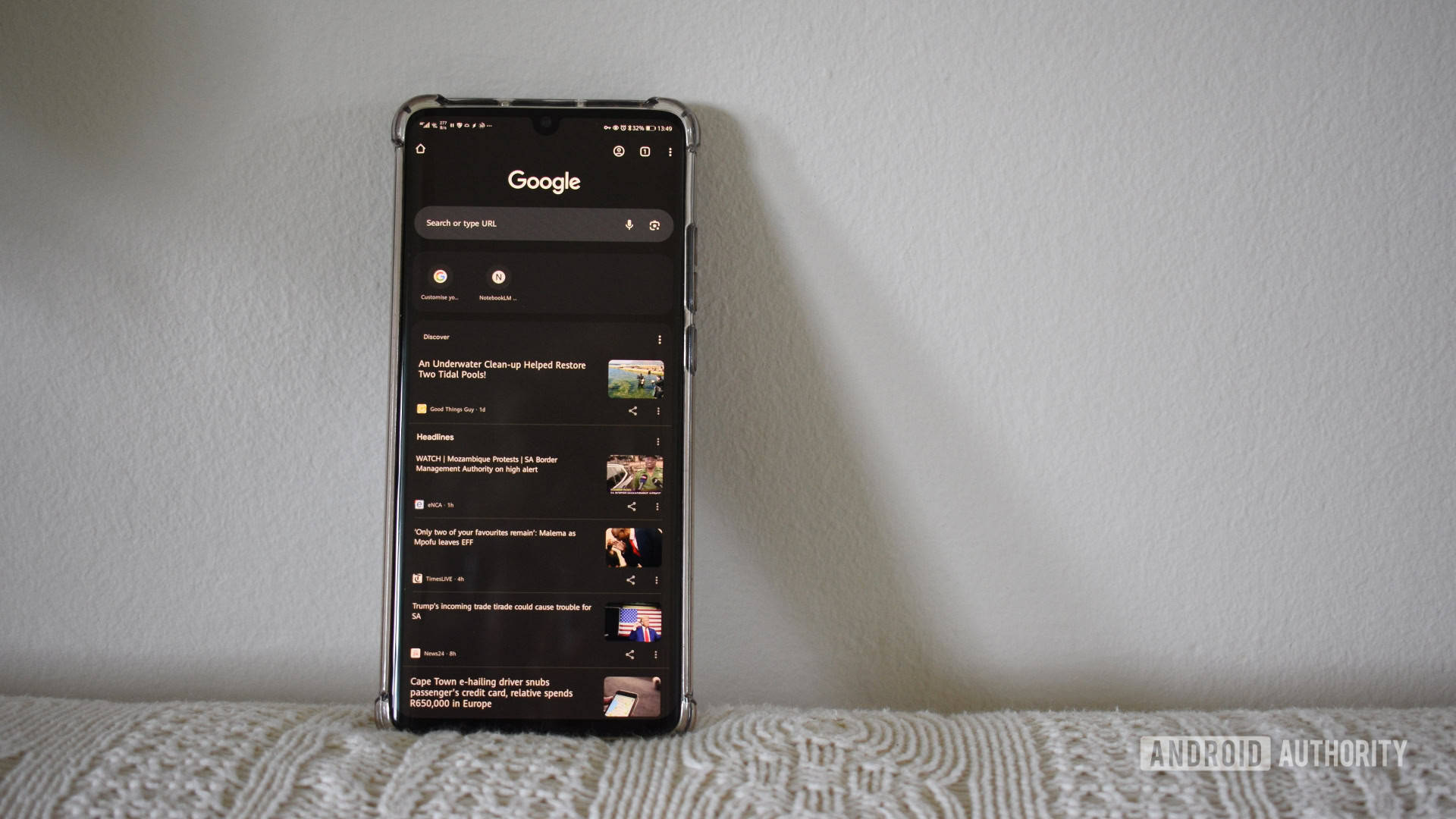
The only good PlayStation 3 emulator for PC and Mac
Joe HindyNovember 13, 2024
0
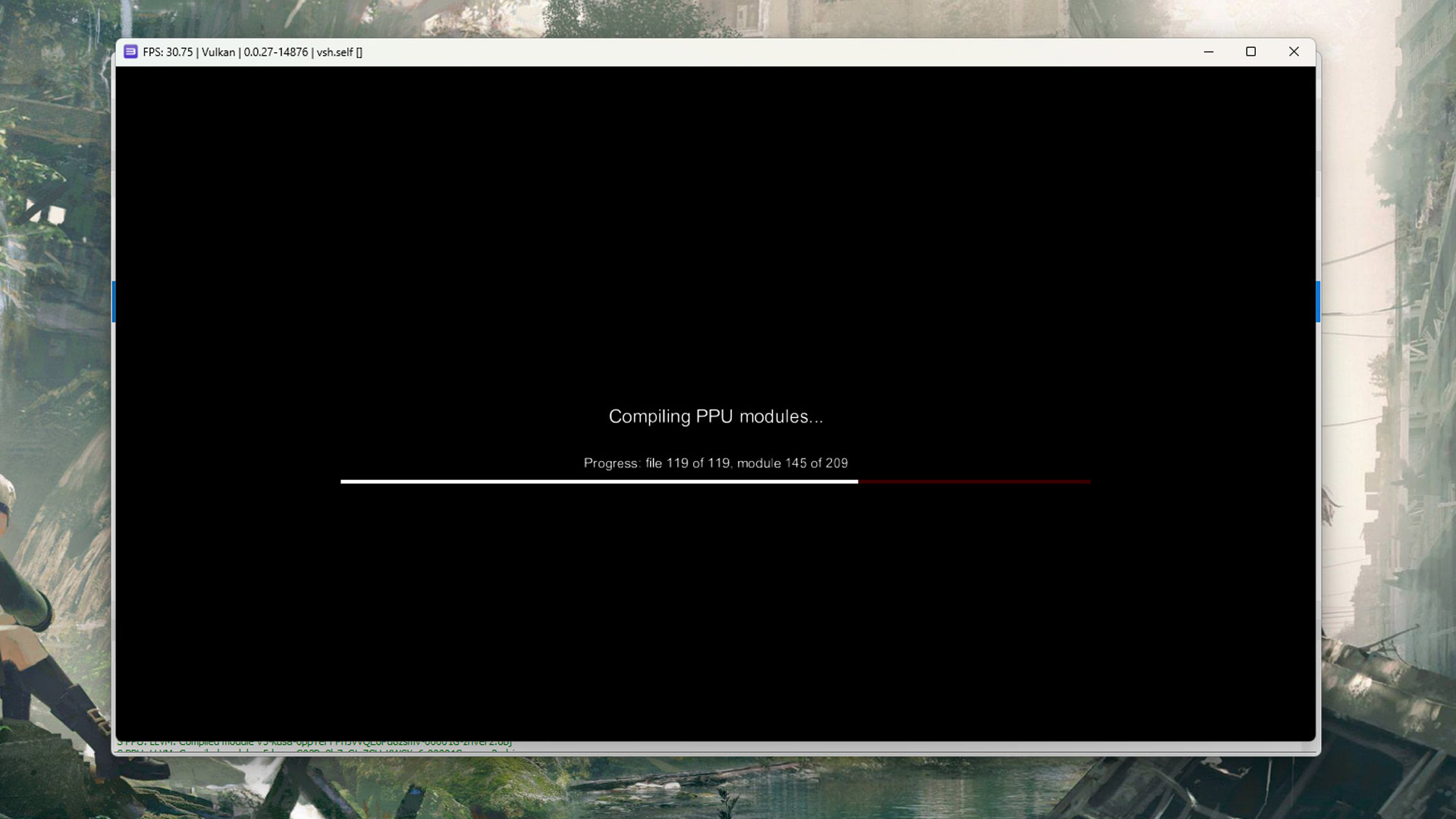
My home screen is never dull, thanks to these unique Android widgets
Andy WalkerNovember 12, 2024
0
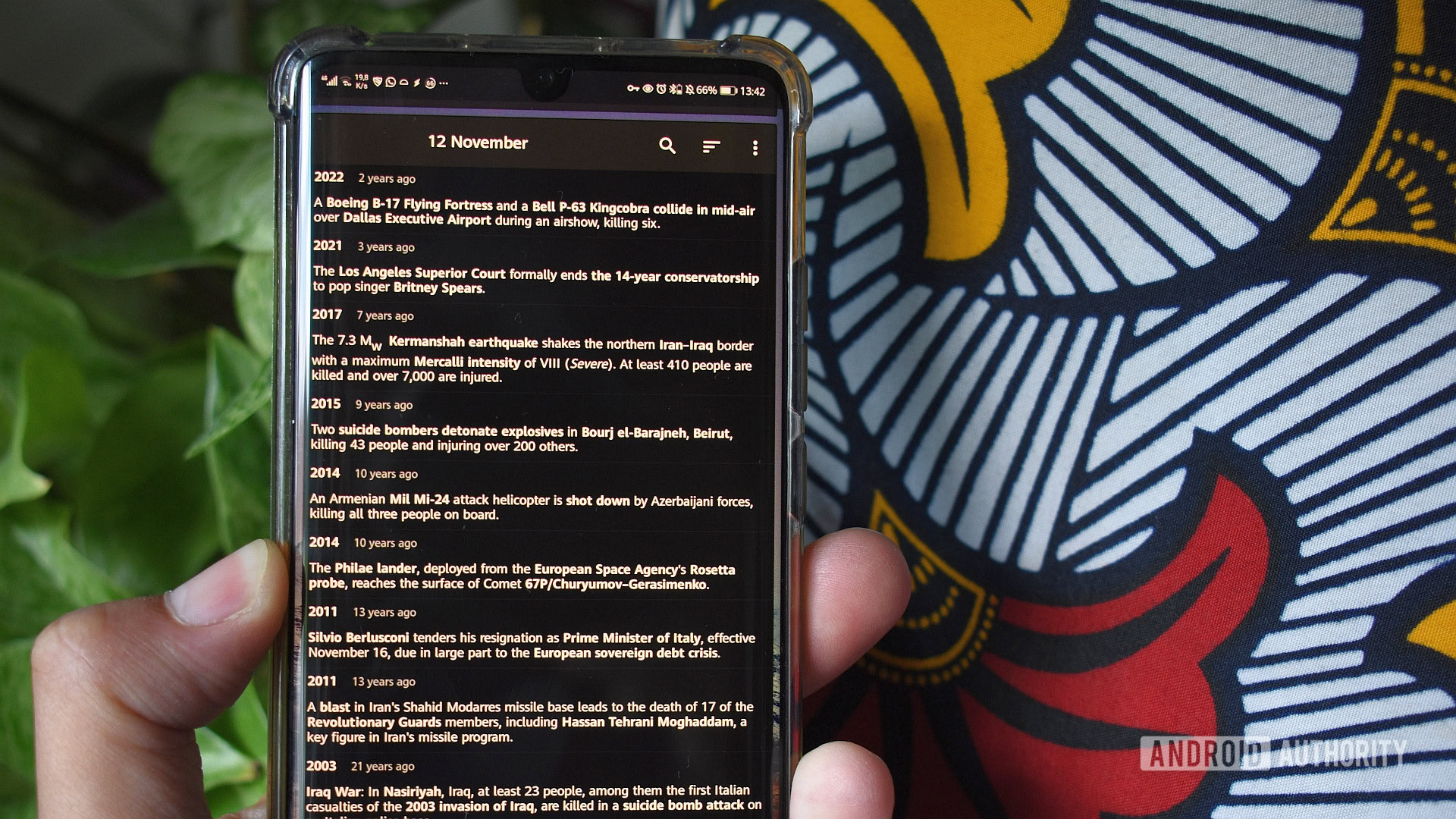
The best of the best: 5 iconic Android games that got people hooked
Mitja RutnikNovember 4, 2024
0
